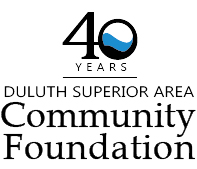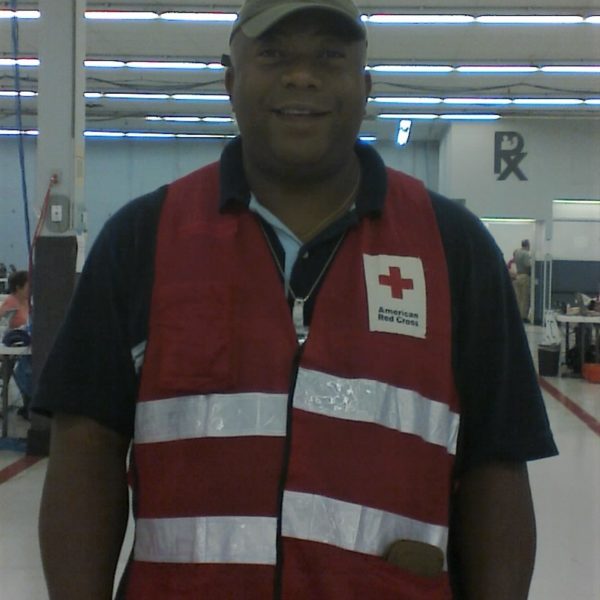He speaks from experience. Growing up in Madagascar, Ralaingita witnessed the impact of a devastating natural disaster firsthand. The experience changed his life.
Inspired by the humanitarian aid workers he watched directing the massive recovery effort after Cyclone Bonita (1996), he knew helping others would be his focus. Ralaingita vowed to pursue a career in disaster management and community resilience. It’s a decision that has led him around the globe and now to the Duluth Superior Area Community Foundation.
Earlier this year, Ralaingita joined the foundation as an AmeriCorps VISTA assistant to research and help the Ready North Network plan for and build inclusive, flexible communities in the Northland.
“Resilience is a very volatile subject,” he says, “and this is really interesting—especially the concept of the Ready North Network. That was pretty much the hook.”
Ralaingita is most excited about the network’s collective approach, drawing in partners offering mental health, housing, emergency-response and recovery resources. Experience tells him that no single agency can do it alone. Developing systems that support the most vulnerable is critical to building a resilient community, where those with the fewest resources can remain strong.
A focus, he says, is “vulnerable people exposed to disaster because they’re poor. Those are the victims at the top of the list, because they are very exposed. Those with higher incomes can build their houses in safer areas, in a safe way, with safer construction. Often, those with lower incomes can’t. Resilience work should be based on the needs of those people first.”
In addition to his work, Ralaingita is pursuing doctoral studies in community disaster resilience planning at Charles Darwin University, in Darwin, Australia. He has done disaster recovery work with UNICEF, the International Red Cross and other aid agencies.
He points to a simple equation that informs his work: every $1 spent on preparation saves $7 in recovery.


